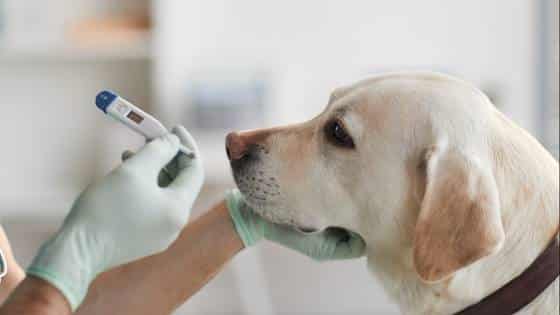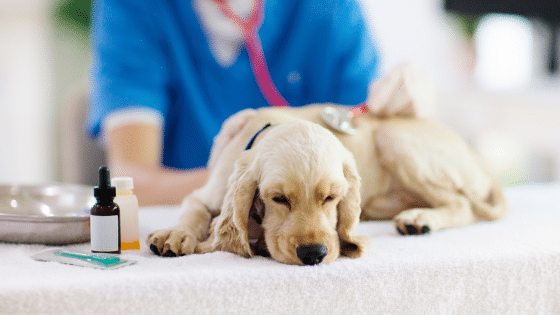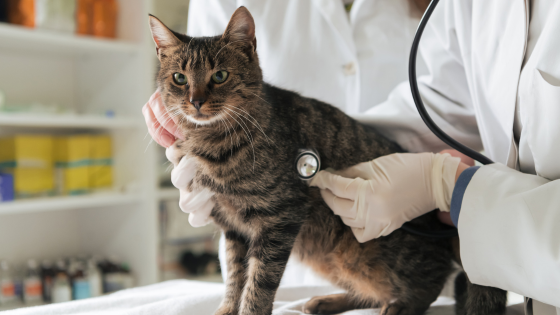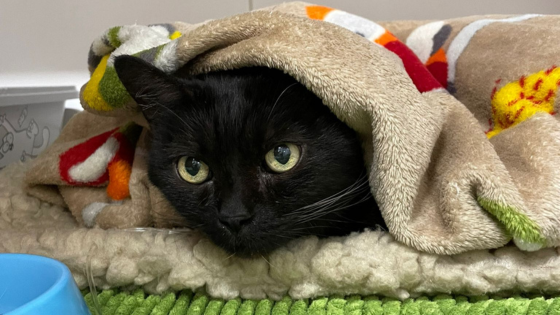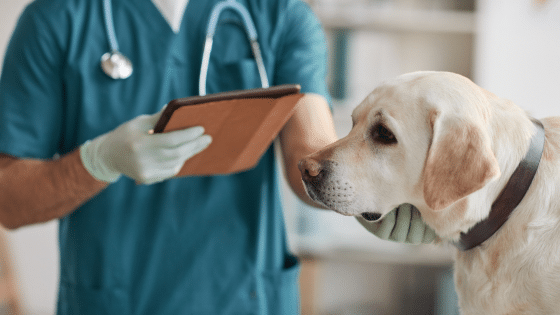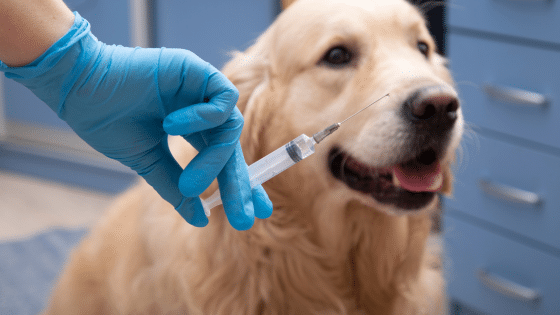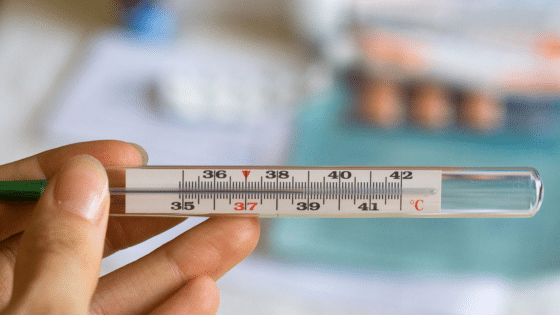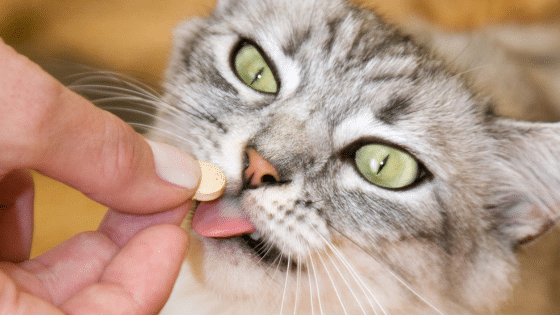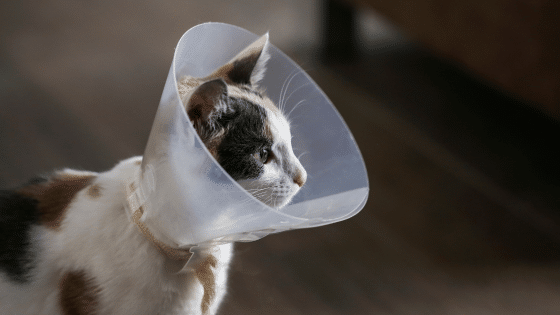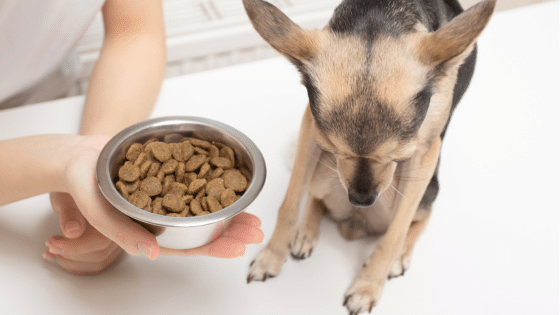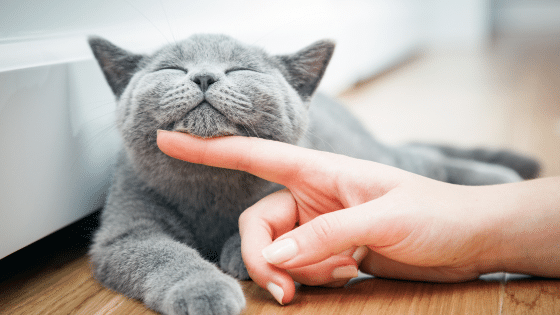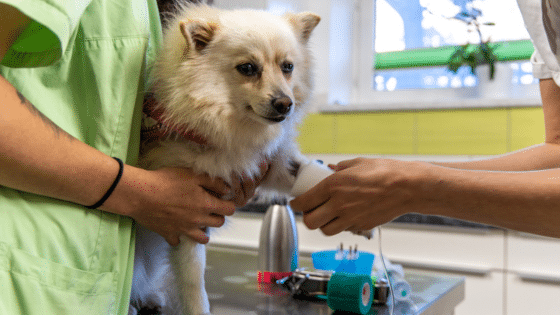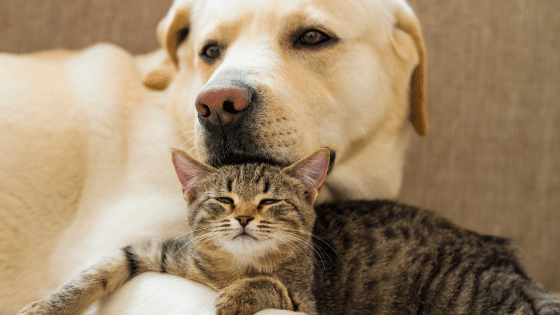Vorsorge für Hunde und Katzen: So sorgst du für die Gesundheit deines Lieblings
Als verantwortungsbewusster Tierhalter möchtest du sicherstellen, dass dein Hund oder deine Katze ein gesundes und glückliches Leben führt.
Ein wichtiger Schritt, um dies zu erreichen, sind regelmäßige Vorsorgeuntersuchungen.
Diese Untersuchungen helfen dabei, potenzielle gesundheitliche Probleme frühzeitig zu erkennen und passende Maßnahmen zu ergreifen.
Hier erfährst du alles Wichtige zur Vorsorge für Hunde und Katzen – gesammelt und verständlich!
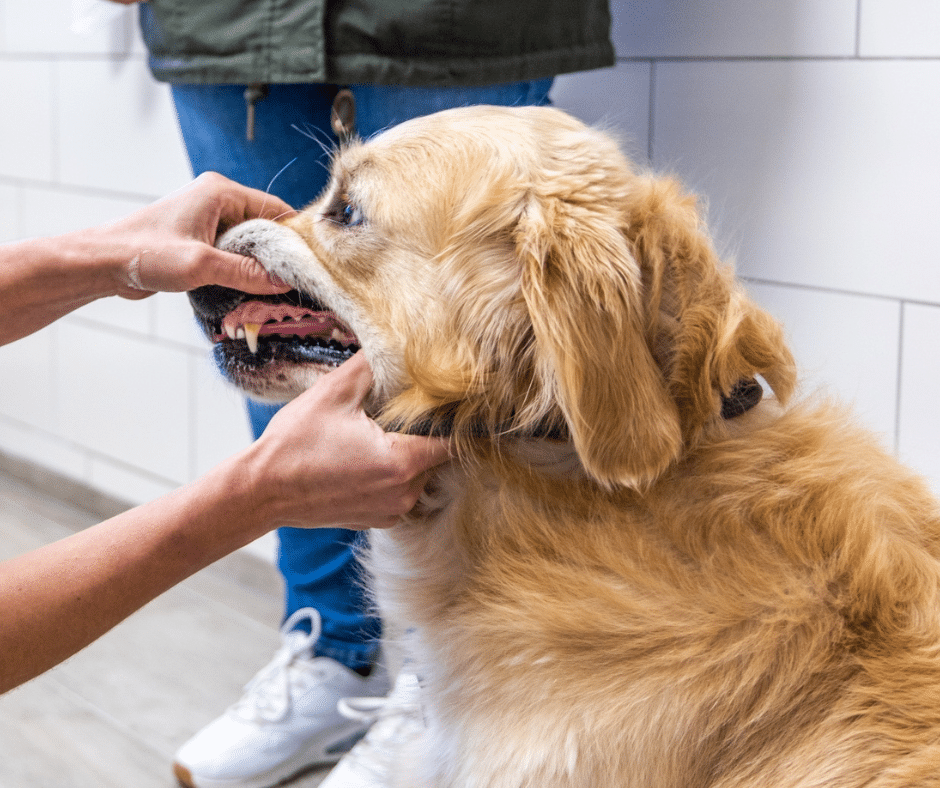
Die Art der Vorsorgeuntersuchungen kann je nach Alter deines Tieres unterschiedlich sein. Bei jüngeren Tieren liegt der Schwerpunkt auf der Überprüfung von Wachstums- und Entwicklungsmustern. Bei älteren Tieren hingegen rücken altersbedingte Erkrankungen und Veränderungen in den Vordergrund.
Tzt. Elisabeth Helm GPCert
Was passiert während einer Vorsorgeuntersuchung?
Eine Vorsorgeuntersuchung umfasst mehrere wichtige Aspekte, um den Gesundheitszustand deines vierbeinigen Begleiters umfassend zu beurteilen:
Körperlicher Zustand
Wir beurteilen den allgemeinen Gesundheitszustand, einschließlich Gewicht, Körperbau, Haut und Fell. Ein gesunder physischer Zustand ist das Fundament für das Wohlbefinden deines Haustieres.Augen, Ohren und Maul
Die Untersuchung der Augen erfolgt auf Anzeichen von Infektionen oder Veränderungen, während wir die Ohren auf Entzündungen oder Ohrmilben überprüfen. Auch das Maul wird auf Zahnprobleme und Zahnsteinbildung untersucht.Herz und Lunge
Wir horchen das Herz ab und untersuchen die Lunge auf Auffälligkeiten, um mögliche Herz- oder Atemwegserkrankungen frühzeitig zu erkennen.Bauchraum
Eine gründliche Palpation des Bauchraums ermöglicht es uns, Organe wie Leber, Nieren und Milz zu überprüfen.Impfungen und Entwurmung
Wir kontrollieren, ob die Impfungen und Entwurmungen deines Haustieres aktuell sind. Notwendige Impfungen werden direkt nachgeholt.Blutuntersuchungen
Abhängig von Alter und Gesundheitszustand können wir Blutuntersuchungen durchführen, um den Gesundheitszustand deines Haustiers genauer zu überprüfen.
Achte auf Veränderungen!
Du kennst dein Haustier am besten. Achte deshalb auf mögliche Veränderungen in Verhalten, Energielevel oder Appetit.
Diese Beobachtungen helfen uns, mögliche Gesundheitsprobleme genauer einzugrenzen und frühzeitig zu handeln.
Hier sind einige wichtige Anzeichen, auf die du achten solltest:
Herz-Kreislaufsystem:
Husten oder Atembeschwerden
Veränderungen in der Atmung (z. B. schnelles, flaches Atmen)
Müdigkeit oder erhöhte Erschöpfung bei normaler Bewegung
Bläuliche Verfärbung der Schleimhäute
Nieren:
Häufiges Wasserlassen oder vermehrter Durst
Urinveränderungen (z. B. erhöhte Helligkeit, vermehrtes oder verringertes Volumen)
Weight loss
Erbrechen oder Appetitlosigkeit
Anzeichen von Schmerzen im Nierenbereich
Zähne:
Mundgeruch oder unangenehmer Geruch aus dem Maul
Schwierigkeiten beim Kauen oder Futter ablehnen
Zahnsteinbildung oder Verfärbungen der Zähne
Zahnfleischentzündungen oder Zahnverlust
Speicheln oder schlechte Zahnhygiene
Bewegungsapparat (Gelenke und Knochen):
Lahmheit oder Hinken
Steifheit oder Schwierigkeiten beim Aufstehen oder Treppensteigen
Gelenkschwellungen oder Schmerzen bei Berührung
Veränderungen in der Gangart (z. B. humpeln oder hinken)
Bewegungsunlust
Augen:
Rötung, Schwellung oder Reizung der Augen
Augenausfluss (z. B. Tränenfluss oder eitrige Sekrete)
Veränderungen in der Sehkraft oder Verschlechterung des Sehens
Augenzittern oder Krustenbildung um die Augen
Verengung der Pupillen oder abnormal vergrößerte Pupillen
Verdauungstrakt:
Erbrechen oder Durchfall
Veränderung des Appetits (z. B. vermehrtes Fressen oder Appetitlosigkeit)
Gewichtsverlust oder -zunahme
Bauchschmerzen oder Unwohlsein im Bauchbereich
Veränderungen in der Stuhlkonsistenz oder Farbe
Der Nutzen regelmäßiger Vorsorgeuntersuchungen
Eine jährliche Vorsorgeuntersuchung bietet dir und deinem Haustier zahlreiche Vorteile:
Früherkennung von Krankheiten: Potenzielle Gesundheitsprobleme können schnell erkannt und behandelt werden.
Individuelle Betreuung: Die Vorsorge wird auf die speziellen Bedürfnisse deines Haustieres abgestimmt.
Präventive Maßnahmen: Impfungen und Entwurmungen stärken das Immunsystem und fördern die Gesundheit.
Wertvolle Beratung: Du erhältst Tipps zur Tiergesundheit und zur richtigen Pflege.
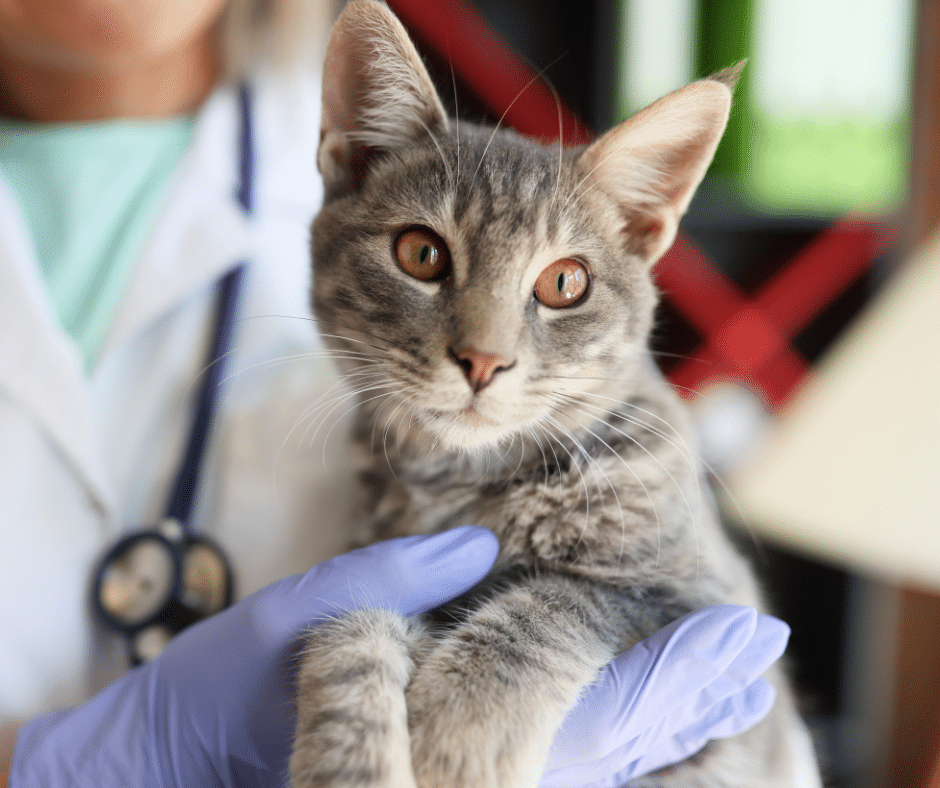
Jedes Tier ist einzigartig und kann unterschiedliche Gesundheitsbedürfnisse haben. Vorsorgeuntersuchungen ermöglichen es uns, die Betreuung individuell anzupassen und auf spezifische Bedürfnisse einzugehen.
Tzt. Elisabeth Helm GPCert
Conclusion
Die regelmäßige Vorsorge für deinen Hund oder deine Katze ist ein entscheidender Beitrag zu einem langen, gesunden Leben.
Nutze die Chance, um potenziellen Krankheiten vorzubeugen und deinem Haustier die bestmögliche Lebensqualität zu bieten.
Vereinbare noch heute einen Termin in unserer Tierarztpraxis und sorge dafür, dass dein vierbeiniger Freund bestens versorgt ist!
Wenn du Fragen hast oder weitere Informationen möchtest, zögere nicht, uns zu kontaktieren. Wir sind hier, um dir und deinem pelzigen Freund zu helfen!

